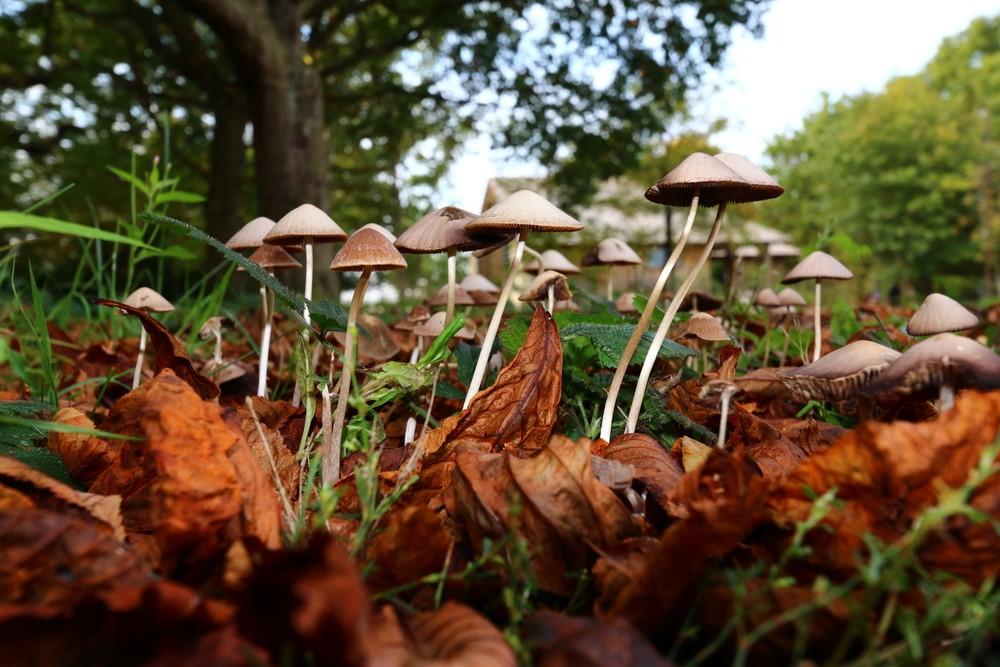
A state advisory board says the active ingredient in hallucinogenic mushrooms, psilocybin, shows promise for mental health therapy.
In a new report, the board cites a number of clinical trials that suggest psilocybin can help reduce depression and anxiety, as well as recovery from alcohol and tobacco abuse.
André Ourso, the administrator of the state agency’s Center for Health Protection, said he wasn’t surprised by the findings.
“This report really just articulates the efficacy of psilocybin, where it’s effective in helping treat certain conditions, and then speaks about some of the risks and effects that people can expect,” he said. “They did a very good job of trying to give an even-keeled view of the therapy.”
The Oregon Psilocybin Advisory Board is developing recommendations for the country’s first statewide psilocybin therapy program; the new report is part of that process.
“This comprehensive review will put us on solid ground moving forward,” said advisory board chair Tom Eckert, who helped lead the 2020 ballot measure that legalized psilocybin for potential therapeutic use.
The report touts the potential benefits: “Across studies, psilocybin increases spiritual well-being which may mediate other observed benefits. Study participants also commonly rate their psilocybin experiences as highly meaningful.”
The 40-page analysis does contain several warnings about psilocybin: “Transient effects including nausea, vomiting, headache, increases in heart rate, increases in blood pressure, QT interval prolongation, grief, anxiety, fear, feelings of isolation, preoccupation with death, transient thought disorder, and transient paranoia may occur in a dose-dependent manner after use of psilocybin in supervised settings.”
The report also found there are few ways to accurately identify people most likely to be harmed by psilocybin therapy: “Rare severe or longer-term adverse effects such as sustained worsening of depression and anxiety have been reported but their link to psilocybin treatment is unclear.”
The manager of the Psilocybin Services Section at the Oregon Health Authority, Angie Allbee, said making the report available to the public is a significant step forward.
“The findings and recommendations will help OHA implement a comprehensive regulatory framework that will provide safe and effective psilocybin services,” she said.
The Psilocybin Services Section will eventually license and regulate the manufacturing, transportation, delivery, sale and purchase of psilocybin products, as well as the provision of psilocybin services.
Many experts were not surprised by the report. The U.S. Food and Drug Administration has designated psilocybin a breakthrough therapy, suggesting it may be a significant improvement over existing treatments.
A few other findings in the report were that clinical trials have generally studied synthetic psilocybin, whereas simply consuming mushrooms has been the dominant form of psilocybin use in traditional settings.
The report also found that “Psilocybe Cubensis” is the best mushroom for production, though the concentration of psilocybin it contains varies widely. The report suggested ways around the problem: “There are established technologies for analyzing commercial mushroom products to quantify psilocybin concentration and potential contaminants.”
The Oregon Health Authority and the advisory board are expected to come up with recommendations for draft rulemaking by the end of December 2022.
This story was originally published by Oregon Public Broadcasting.